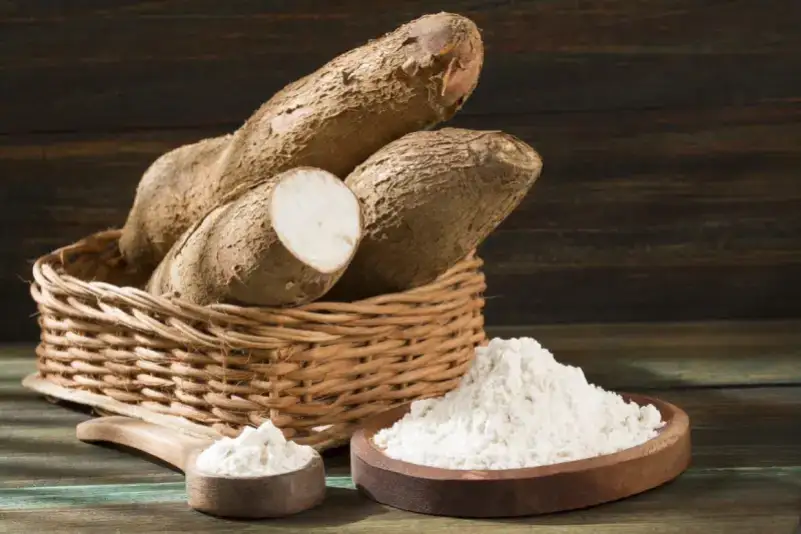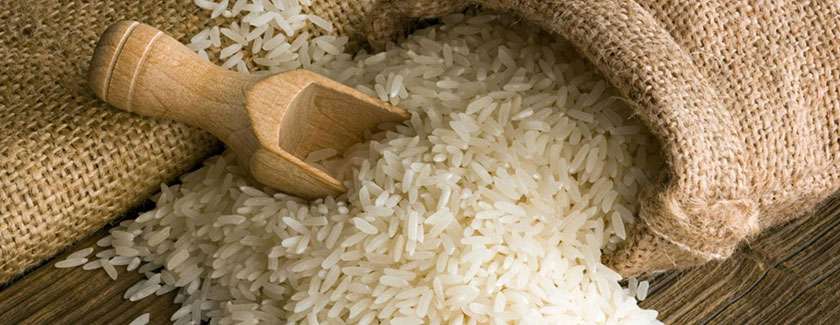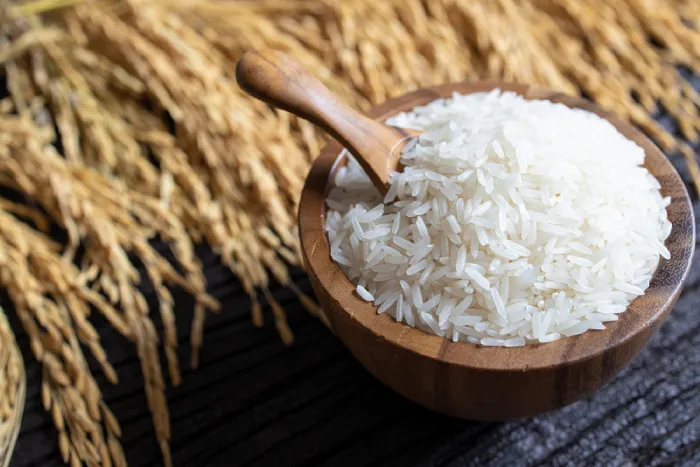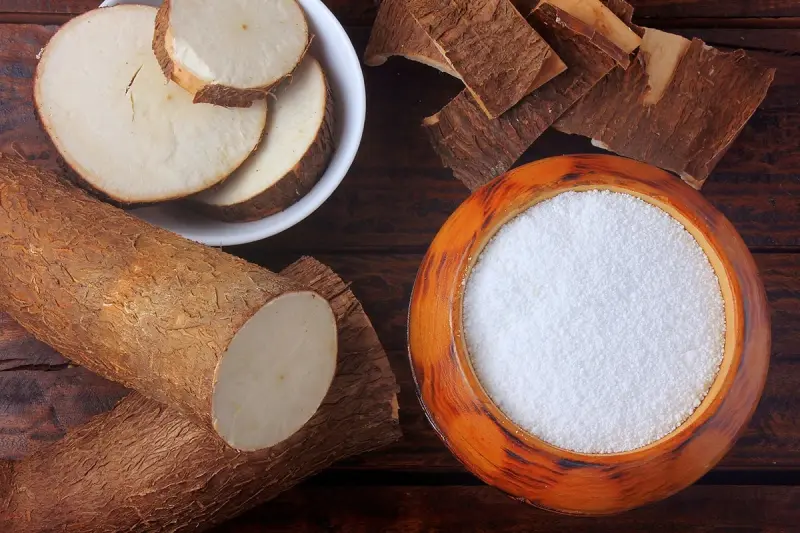Understanding Organic Tapioca Maltodextrin
Organic tapioca maltodextrin is produced by breaking down tapioca starch using natural enzymes. Unlike its conventional counterparts, it is extracted from organically grown cassava and does not involve synthetic chemicals in its processing.
The Safety Profile
The Food and Drug Administration (FDA) generally recognizes maltodextrin as safe. When it comes to the organic variant, the consensus is similar. Organic tapioca maltodextrin, when consumed in moderation, is deemed safe for human consumption. However, individuals with specific health conditions or allergies should exercise caution.
Nutritional Considerations
While organic tapioca maltodextrin is not inherently harmful, it is a processed carbohydrate with a high glycemic index. This means it can cause a rapid increase in blood sugar levels, which may not be suitable for individuals managing diabetes or those looking to control their blood sugar.
Environmental and Dietary Benefits
Addressing Common Concerns
Some concerns have been raised about maltodextrin’s potential to induce harmful biofilms in the intestine or suppress immune cells. However, these claims are not widely supported by scientific evidence, and more research is needed to substantiate such effects.
Conclusion
In conclusion, organic tapioca maltodextrin is considered safe by regulatory authorities and can be a part of a balanced diet. As with any food additive, moderation is key. Consumers should remain informed and make dietary choices that align with their individual health needs and environmental values.
FAQs
What is organic tapioca maltodextrin and how is it made?
Organic tapioca maltodextrin is a polysaccharide produced from organic tapioca starch using a natural enzymatic process. It is a food additive used to thicken, stabilize, or sweeten foods without significantly altering their taste.
Is organic tapioca maltodextrin considered safe for consumption?
Yes, organic tapioca maltodextrin is generally considered safe for consumption. It is recognized by the FDA as safe and is suitable for use in various food products.
Does organic tapioca maltodextrin contain gluten?
No, organic tapioca maltodextrin derived from cassava is naturally gluten-free, making it a suitable option for those with gluten intolerance or celiac disease.
Can organic tapioca maltodextrin be used in vegan diets?
Yes, organic tapioca maltodextrin is vegan-friendly. It is a powdered form of tapioca that does not involve any animal products in its production or processing.
How does organic tapioca maltodextrin differ from regular maltodextrin?
Organic tapioca maltodextrin is sourced from organic tapioca and processed without synthetic chemicals, whereas regular maltodextrin can be derived from various starches, including corn or wheat, and may involve different processing methods.












